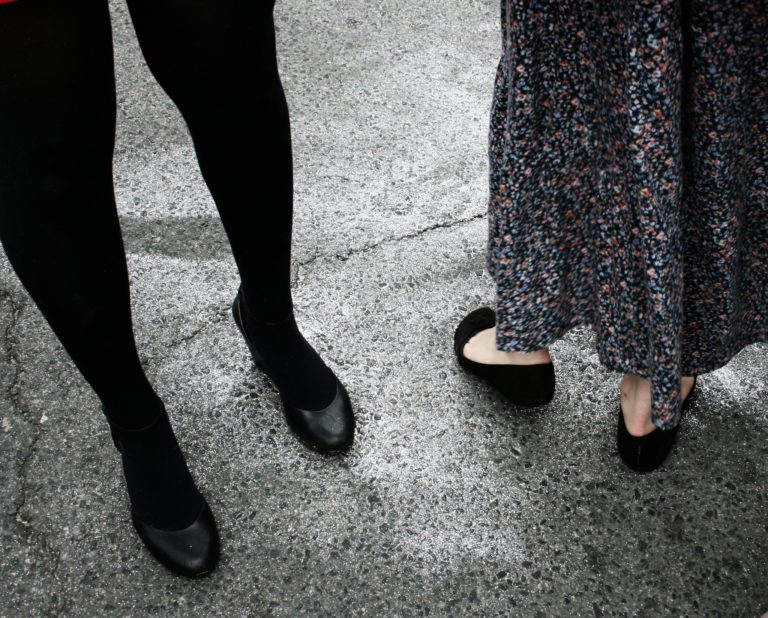
I think I first encountered the term “whorearchy” in a podcast hosted by Tina Horn. She’s done sex work in various forms and is thus, I would assume, intimately familiar with the ways people in that community can turn against each other, judge each other, and speak ill of each other. Porn performer Belle Knox says the whorearchy is the name given to the phenomenon in which “sex work segregates itself along perceived social and legal lines.” It is – like so many systems of (de)valuation and “respectability” in marginalized communities – a form of infighting, of internalized oppression, of people keeping each other down when they might instead lift each other up.
Though I’ve done very few forms of sex work, sparingly and sporadically, I have seen this dynamic in action. In sugar baby communities, for example, there’s often tons of hostility aimed at escorts and escort agencies, the implication being that sugar-dating is somehow classier than full-service sex work because it’s not directly transactional, even though… in most cases, it is. There are also phone-sex operators who disdain in-person sex work, escorts who think camming isn’t real sex work, and pro dommes who think their lack of genital contact with clients makes them better than service providers who do have sex with johns, just to name a few examples.
These squabbles remind me of the internalized misogyny displayed in, for instance, bookish brunettes claiming busty blondes are stupid and setting feminism back, or TERFy second-wave feminists insisting third-wavers are betraying the cause by embracing promiscuity and trans rights. This type of infighting mostly just encourages marginalized people to police each other’s behavior rather than banding together to take on their oppressors.
It’s worth noting, of course, that different types of sex work do come with different levels of risk, difficulty, and stigma. Street-based sex workers are particularly vulnerable to violence, for example, and racialized and/or disabled escorts face discrimination and mistreatment that white and/or able-bodied ones don’t. Acknowledging and understanding these differences is part of intersectionality: the feminist idea, coined by black feminist theorist Kimberlé Williams Crenshaw, that oppressed people (in this case, sex workers) all have different experiences based on their identities and the systems of oppression they face. However, someone having a different experience than you in the world doesn’t mean they have to be your adversary.
In fact, it’s been wonderful to see sex workers from various different areas of the field band together to fight against SESTA/FOSTA, the “anti-sex trafficking” laws that have seriously eroded sex workers’ rights, freedoms, and livelihoods. I’ve seen escorts and camgirls chatting online about the problems they face, pornographers boosting phone-sex operators’ tweets about their struggles, online findommes telling their audiences to donate to Red Light Legal. There have been stunning incidences of solidarity, because, as is so often the case, marginalized individuals are stronger together than splintered.
A while ago, an escort friend of mine asked if I wanted to come to a sex workers’ play party she was organizing. I was surprised: “I’m not really a sex worker,” I stammered, “I just, like, do cam shows and sell nudes and make amateur porn and sometimes sell my panties and I was a sugar baby once…” I was so used to having my sex work experiences diminished, or to feeling like I had to preemptively diminish them myself, because what I do isn’t “real” sex work. But here’s the thing: it is, even though it’s different from other types. I’ve seen more and more recognition in my online communities over the past few years that the whorearchy doesn’t serve anyone it comprises. Sex workers’ problems have gotten worse and the community is suffering more than it has for a long time (and it’s suffered a lot) – but sometimes it seems the internal landscape of the group is shifting for the better, even if only a little.
My friend smiled. “That totally counts! You should come!” I smiled, too.
This post was sponsored. As always, all writing and opinions are my own.